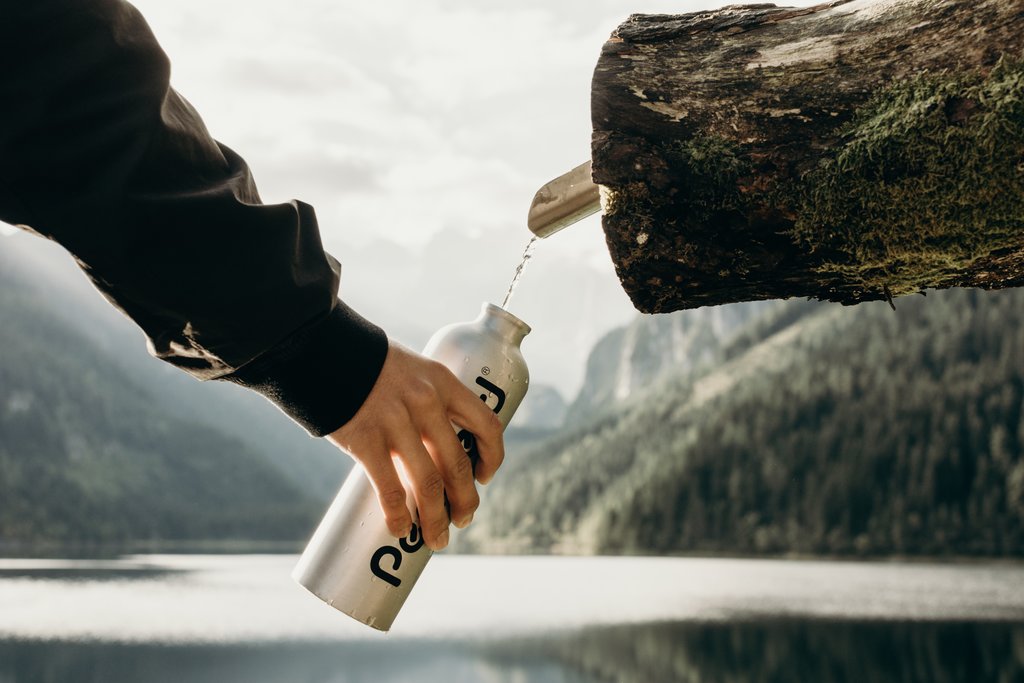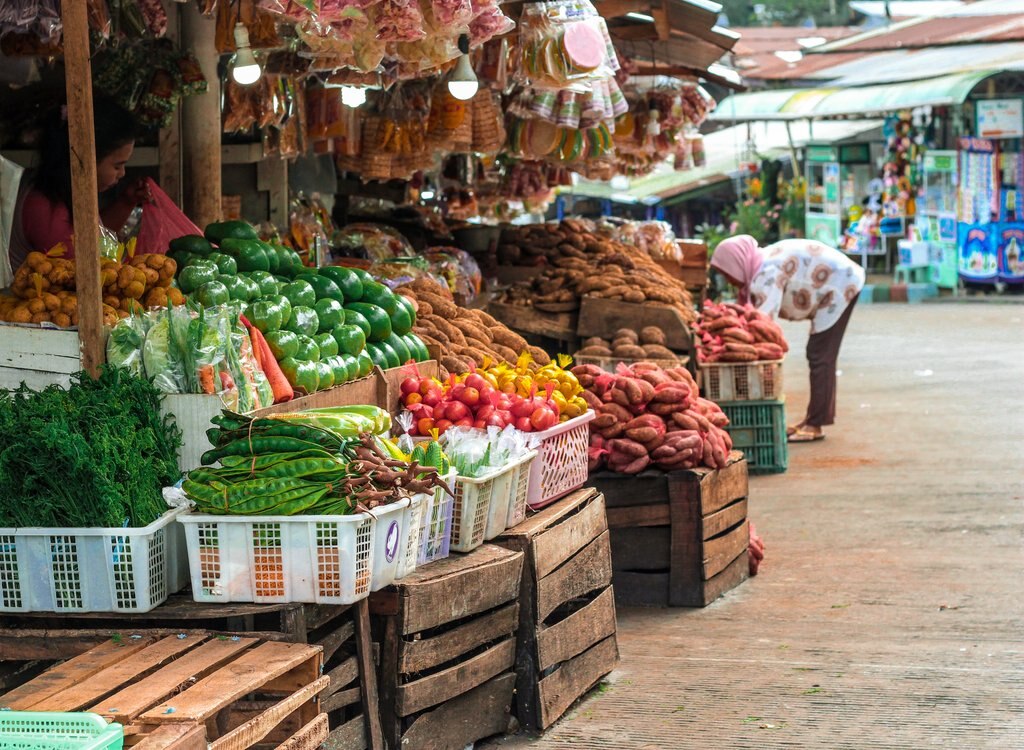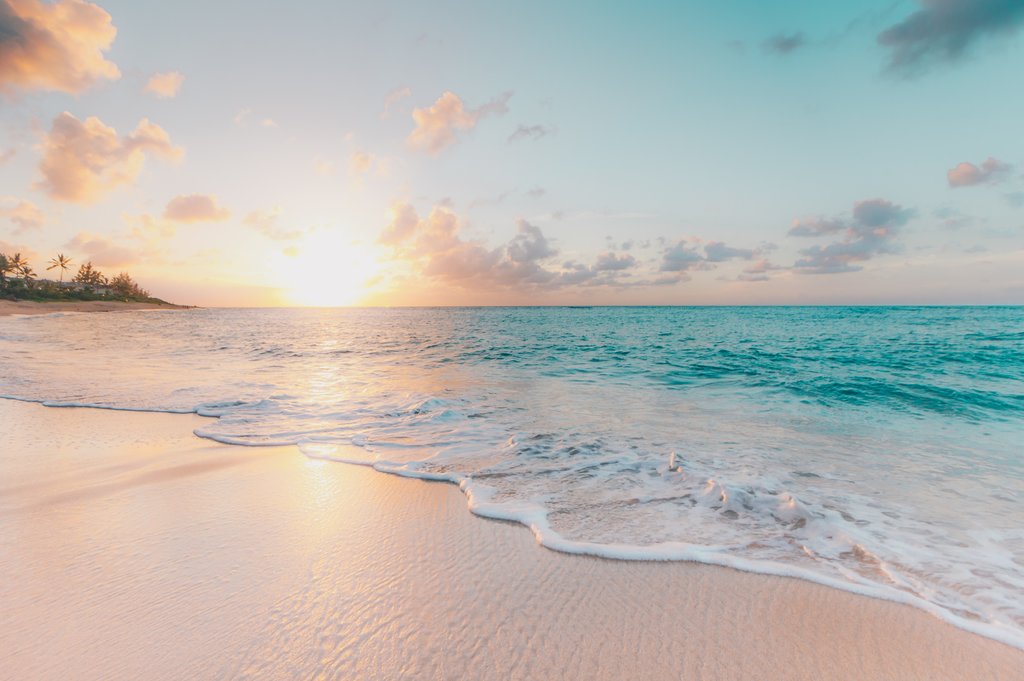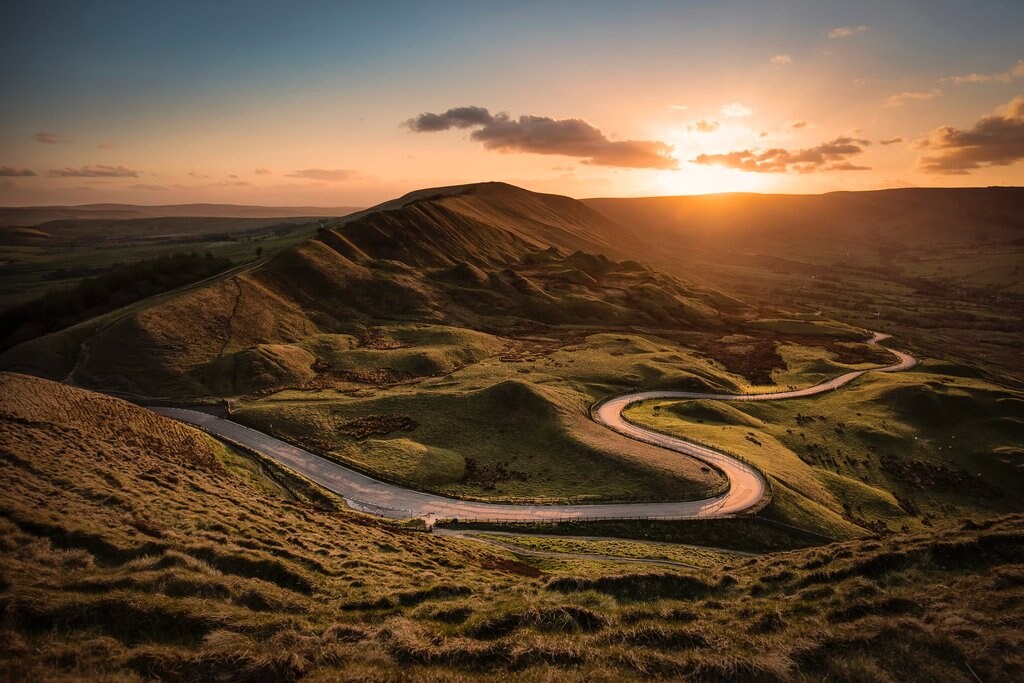9 Tips for Sustainable Travel
“Now more than ever, it’s important to travel responsibly. What does that mean? It means that we can all do our part to help maintain healthy natural habitats and support local communities, even if we’re far away from our own homes.
Sustainable travel involves making a positive impact on the place we visit as tourists. That means being conscious of our actions as tourists and making sure we don’t have a negative impact on the destination’s environment, economy, or society.
In honour of Venice’s new initiative to promote sustainable travel (#enjoyrespectvenezia), we’ve put together a few tips with ways you can be a sustainable traveller, too. Whether you’re travelling across the world or only a few miles from home, we can all strive to make the world a better place when we travel!
9 Tips for Sustainable Travel
—————————–

### 1. Consider local travel for a quick and easy holiday
As much fun as it is to go abroad, there are plenty of local holiday spots worthy of our attention, too! One of the pillars of sustainable travel is supporting the local economy, so why not check out a city break not far from your hometown, or visit the countryside only an hour or two away? In the UK, that might mean a family-friendly trip to Bath or a weekend getaway to the Isle of Wight. It’s amazing how many fantastic holidays are waiting to be discovered just outside our front doors!
### 2. Travel in low or shoulder season
One of the best ways we can be more responsible tourists? Travel in low or shoulder seasons, as this will help with overcrowding in a destination’s busy months. Not only does this help the destination, it also means more space to ourselves when we get there. Even better, sometimes we can find cheaper deals on flights and hotels in low seasons!

_Photo by Kate Joie on Unsplash_
### 3. Try to avoid plastic products
Plastic waste is taking over our planet, especially our oceans. While it’s very difficult to eliminate all plastic waste from our lives, there are many steps we can take when we travel to try to limit our use of disposable plastic products. The easiest way to do this is to carry a refillable water bottle when we travel, taking the place of potentially dozens of small plastic water bottles over the course of our holiday. Just make sure that the local tap water is safe to drink!
Other ways to reduce the amount of disposable plastic used on holiday is to bring a canvas tote bag for shopping, bring reusable utensils (if you plan on eating takeaway), refuse plastic straws, and buy refillable toiletry bottles for shampoo and other products.

_Photo by Anggit Rizkianto on_ Unsplash
### 4. Shop and eat locally whenever possible
While it may take a bit more research than usual, making sure that you support the local economy of a destination is a cornerstone of responsible and sustainable travel. Focus on buying only locally-crafted souvenirs and research where the best local restaurants are… not only do you get to try the traditional cuisine, you support the local community, too! Unsure where to shop or eat? Ask a local!
### 5. Hang up your towels to dry
You know that little card on your hotel sink that asks you to consider reusing your towel? It really does make a difference! We don’t wash our towels every day at home, so why do we need freshly laundered towels every day when we travel? If every traveller reused their towels a few times per trip, we could collectively make a big difference in the water and energy used on laundry every day around the world.

_Photo by Sean O. on Unsplash_
### 6. Buy ocean and reef-safe sun cream
Not all sun creams are made equally. Do your research and buy ocean and reef-safe sun cream if you plan on being in the water on your holiday. Many sun creams contain ingredients that can harm ocean life, leading to coral bleaching and other hazards for our ocean’s delicate ecosystem. A small purchase before your vacation can make a big difference to our oceans!
### 7. Always respect the local rules
While it may be tempting to hike off-path, do some wild camping, or feed the wildlife, those warning signs are there for a reason. Always respect the rules when it comes to interacting with nature, including staying on paths in national parks, not trespassing on private property, and so on. This ensures that many generations can enjoy the natural beauty of our planet for years to come!

_Photo by Rob Bates on Unsplash_
### 8. Leave no trace
In order to be a responsible tourist, this means leaving no trace when we travel. Always recycle and/or dispose of your rubbish responsibly whenever possible, and definitely don’t graffiti or alter any buildings or natural habitats. On the flip side, leave environments exactly as you found them, which means no taking natural items as souvenirs (including seashells, rocks, nests, feathers, and so on).
### 9. Respect the local community
Sustainable travel doesn’t just mean protecting the natural environment in the destinations we visit, it means being as respectful to the local communities as we can, too. This means no photos of people without their permission, learning a few words of the local language, and honouring the local customs and traditions (i.e. respecting the local way of dress, etc.). Not only will this heighten your holiday experience, it will make sure to leave a good impression with the local people, too.

_Photo by Sebastian Unrau on Unsplash_
We can all work together to be better tourists, no matter where we travel. Implementing some of these tips on sustainable travel – small as they may seem – can make a huge impact across the world. At the end of the day, it’s all about respecting a destination’s environment, economy, and society, and thinking about preserving our planet’s beauty for many more years to come.”
More Articles With Travel tips
Heading to Florence on holiday? Here are our top tips for sustainable travel in Florence, including what to do, buy, and eat.
According to Expedia’s 23rd annual Vacation Deprivation Report, global annual leave deprivation levels are the highest they’ve been in 10 years.
Ready for a quick getaway? We’re here to help with our long-weekend calendar for 2022.
Joe Jonas shares his top travel picks for Expedia Travel Week
We rounded up 18 locals-only secrets in some of the world’s most beloved cities to help you feel like an insider, no matter where your travels take you.